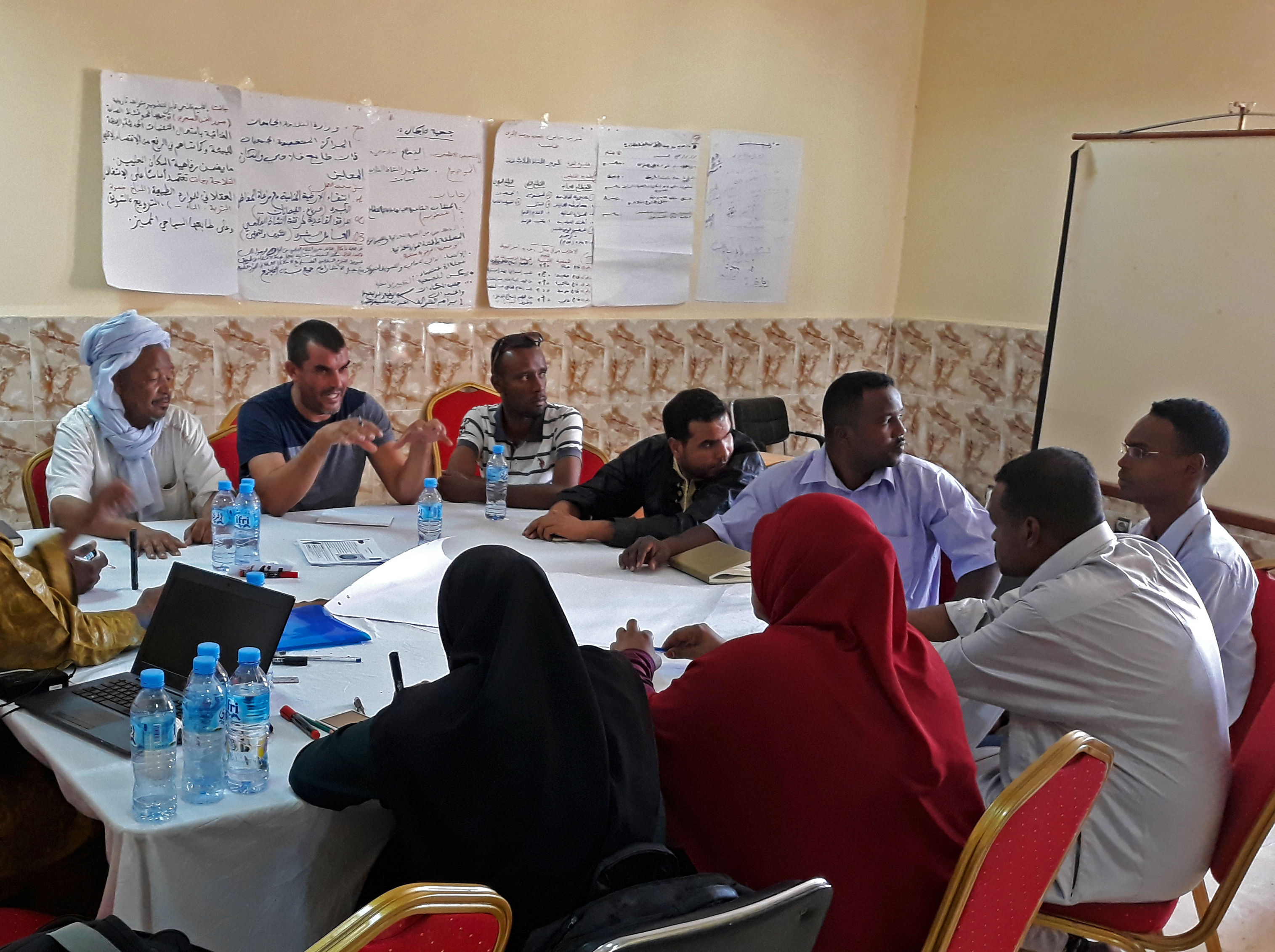Community-based Emancipatory Disability Research, CB-EDR, supports people with disabilities and disabled people’s organisations to produce new knowledge about their own lives and the different barriers that impede their full and effective participation in society. Thus, CB-EDR is both a tool to foster inclusive development and a tool to collect quantitative and qualitative data to identify and address the barriers faced by persons with disabilities in exercising their rights. In the chapter titled “Knowledge production and human rights enhancement: the role and potentialities of emancipatory disability research” (Research Handbook on Disability Policy, 2023) Mario Biggeri, Federico Ciani, Giampiero Griffo and Sunil Deepak propose a sound and flexible method to conduct CB-EDR based on nine case studies across six different countries: India, Liberia, Mongolia, Mozambique, Palestine and Tanzania. The analysis demonstrates how EDR can influence decision-making processes and foster the participation of persons with disabilities via capacity building and empowerment.
The core tenet of EDR is that people with disabilities act as co-researchers to progressively gain control during all steps of the research process, including the identification of research questions and elaboration of research methodology and data collection, analysis and dissemination. Throughout this process, academic researchers act as facilitators and providers of technical assistance. CB-EDR can be used not only to map inequalities related to disability but also to describe and analyse inclusion/exclusion mechanisms and processes from the perspective of people with disabilities themselves.
As CB-EDR is inherently context-based, it is generally hard to define it in terms of research tools and/or subjects covered by the research. An CB-EDR could potentially address all the social, cultural and economic processes that hamper or foster the full and effective participation of people with disabilities in society. As such, the identification of topics to be covered by an CB-EDR process should be the prerogative of the involved people with disabilities and/or DPOs.
Which is why, authors introduce a specific approach to EDR planning and implementation, to be located in communities and involve groups of people with disabilities, with the external support of academic and other experts. A method identified as community-based CB-Emancipatory Disability Research.
This procedure covers the entire lifecycle of a research project, with the objective being to conciliate two main achievements of CB-EDR, namely:
- the elaboration of a sound research output
- the promotion of empowerment and emancipation at the individual and collective levels
In CB-EDR, people with disabilities without academic experience or specific expertise are trained and supported to develop field research, through the lens of a social and human rights-based model of disability that focuses on different kinds of barriers that characterise various life domains. This method is based on the work carried out over more than a decade of field research directly conducted by the authors, presenting common traits, strengths, weaknesses and lessons learnt in nine different case studies in six different countries.
CB-EDR is a promising strategy that favours dialogue between different and often too distant actors and stakeholders. People with disabilities, public institutions, research institutions, DPOs and other civil society organisations are all concerned actors for whom CB-EDR can provide a valuable arena in which to facilitate dialogue, structure mutual exchange and bring about change in culture and practices.
To know more, the Handbook is available here.
